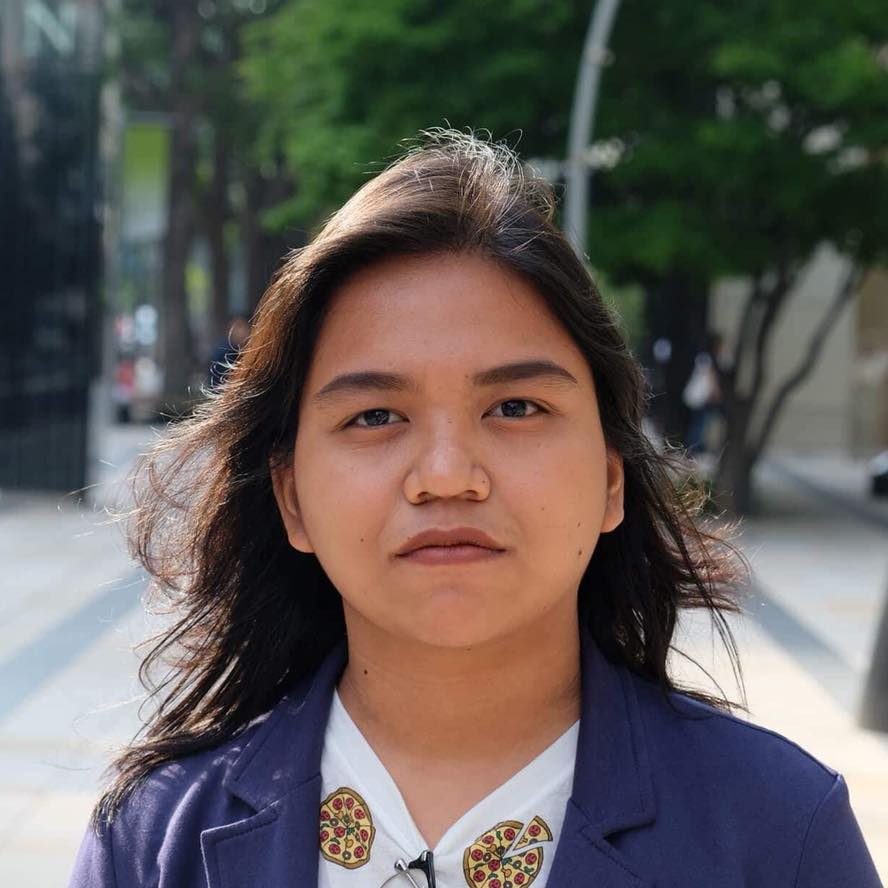SUMMARY
This is AI generated summarization, which may have errors. For context, always refer to the full article.
![[OPINION] This election, let us learn from history](https://www.rappler.com/tachyon/r3-assets/612F469A6EA84F6BAE882D2B94A4B421/img/1AACFA26CD0340C4904D3F809CD40114/election-learn-from-history-20190315.jpg)

The election season is a period of projecting the future. Candidates who can capture the electorate through promises and pronouncements of what they can and are willing to do will most likely triumph. President Rodrigo Duterte masterfully did it in the 2016 presidential elections. What better way to excite the people for his presidency but to declare that change is coming?
This is a promise whose appeal lies in its vagueness – vagueness that allowed his campaign to elude the more difficult questions, like what kind of change? And change for whom? Instead, we were offered with easy solutions and exciting possibilities for the country.
The election season has always been run by these kinds of proclamations that facilitate imaginings of tomorrow. What we utterly lack in the process of deliberating on our future government, however, is remembering the past. Election, above anything else, should be a period of reckoning.
This fixation on the future makes us neglect history. Past inclinations are forgotten; landmark and historical errors are shrugged off; former alliances and previous political adversaries vis-à-vis their present coalition are considered irrelevant.
Our forgetfulness as a people may be blamed on the weaknesses of political institutions like defunct political parties, inept measures of accountability, and sheer impunity. More than these, however, is the palpable disregard of our history. What we have is not necessarily a lack of historical knowledge as it is an indifference to memory.
This is quite evident when in 2010, Bongbong Marcos was elected as a senator only 24 years after his dictator father was ousted through the People Power Revolution. It was also in 2010 when even the Makabayan bloc whose members were staunch activists against the Marcos dictatorship saw itself in the same slate with Bongbong Marcos under the ticket of Manny Villar. After serving his term as a senator, Marcos would appraise that he had enough political capital to run for vice president. He placed second, losing to the Liberal Party’s Leni Robredo.
In the presidential election, Joseph Ejercito Estrada finished second less than a decade after he was ousted from Malacañang by a second EDSA Revolution. (READ: Looking back at EDSA II: The political paths of Estrada and Arroyo)
For all of the novelty that the 2016 presidential elections offered, most of us failed or refused to recognize the historical ironies that manifested in this divisive race.
Duterte’s campaign was largely anchored on the dichotomy that he built between the Duterte Diehard Supporters (DDS) and the Dilawans (yellows).
Only few would know that his mother was at the forefront of the anti-Marcos movement in Davao. If Dilawans are those who support the Aquinos, then Soling Duterte was a pioneer. (READ: Meet Davao’s foremost ‘yellow’ activist: Soledad Duterte)
Duterte’s charisma was founded on his supposed newness. His campaign script hoisted him as an antithesis of trapos (traditional politicians) and old-blooded politicians. His language was crass and brutal. He promised to cut through the red tape of the bureaucracy to get things done. He was not like the elitist Mar Roxas or the trapo Jejomar Binay. He was an original.
History would belie this. He is the patriarch of the ruling Davao dynasty. His populist rhetoric was also not new. The same crassness was also observed with Manuel Quezon, Ramon Magsaysay, and most recently with Joseph Estrada. There has always been a populist tradition in Philippine politics but our historical ineptitude and indifference caused us to be easily blinded by his dark humor and violent comedy.
More than a foundation of our national identity, historical knowledge is indispensable as tools in plotting our future.
Electoral promises as the sole basis in deciding who to vote for is problematic. Plans and platforms publicized during the campaign can melt into thin air after the election. The feeble party system cannot ensure the accountability of the candidate. We cannot hold on to what they say they will do. Everything is hypothetical and imaginary. Thus it is also important to look at the past in assessing the candidate’s competence and integrity.
Retrospective questions are important. What positions have they taken in crucial junctures of our history? Were they consistent in their principles? What are the values that they consider as negotiable, and for what reasons? If they had blundered, have they apologized or acknowledged it at all? Ultimately, in the struggles of power, clashes of moralities, and tests of principle where did they side throughout history?
Concomitant to learning history is imagining the future. If the knowledge and lessons that we have of our past are flouted, our imaginings of the future should expectantly be flawed. More than learning historical facts, studying history is a commitment to the path that we will take as a nation. The challenge thus, is not just to learn from the past, but to let it count.– Rappler.com
Vec Alporha teaches History at the University of the Philippines in Los Baños. Before joining the faculty, she was chairperson of the University Student Council of UP Baguio. She is set to graduate with an M.A. History degree in UP Diliman this June.
Add a comment
How does this make you feel?
There are no comments yet. Add your comment to start the conversation.